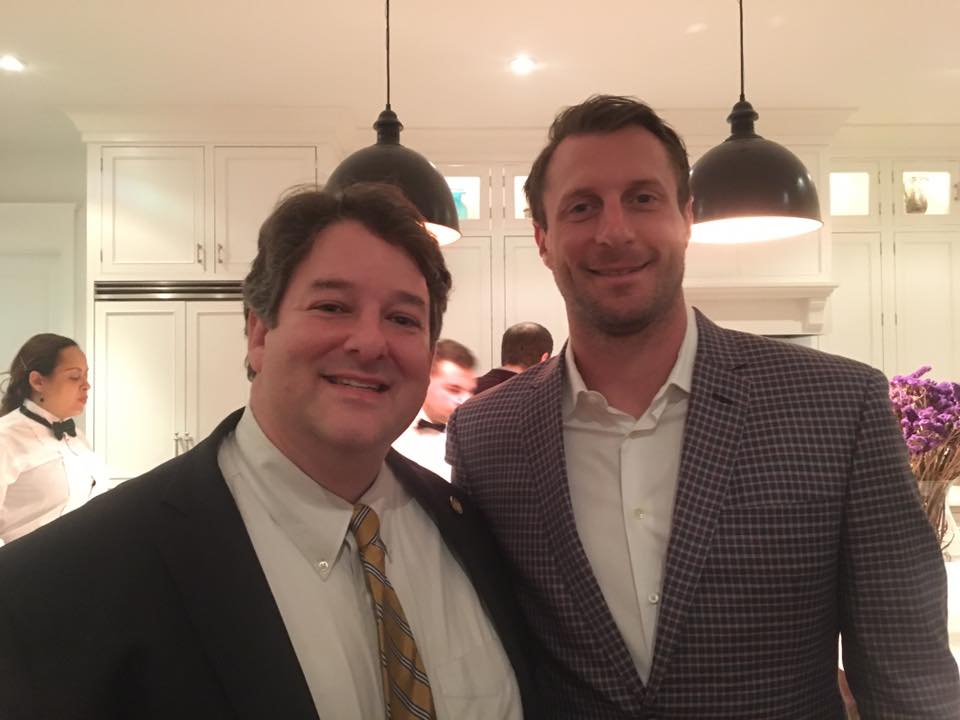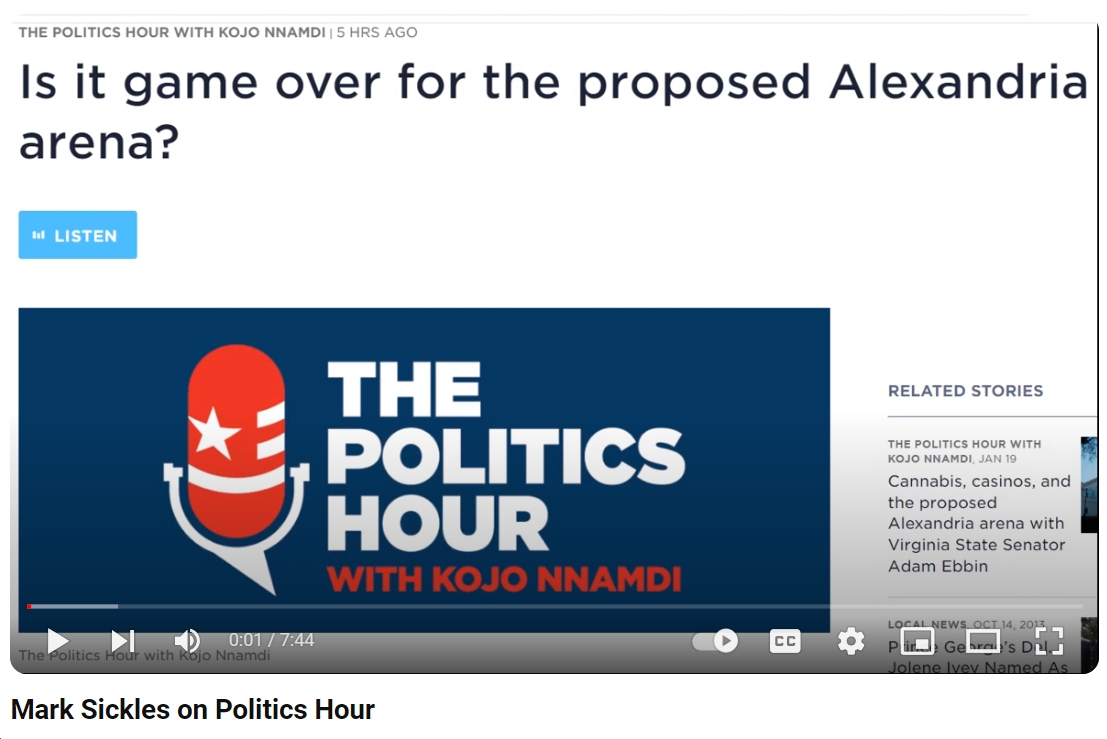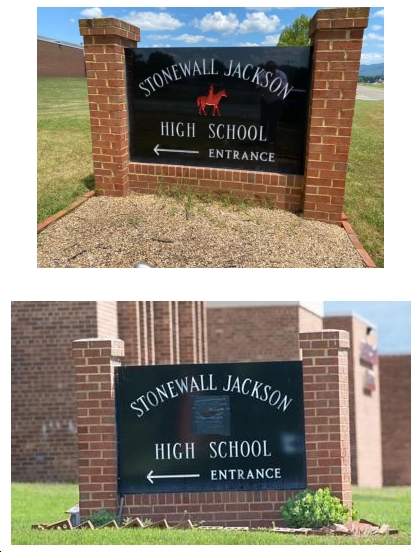From House Democratic Leader Del. David Toscano:
The Heaphy Report – What’s Next?
We now have had several weeks to digest the city-initiated 207-page report on the July 8 and August 11-12, 2017, demonstrations in Charlottesville. While there are many nuances in the report of Timothy Heaphy and his team, and various ways by which it may be interpreted, the conclusions are clear — the city and law enforcement failed in two critical areas. First, the city and law enforcement were unable to ensure that citizens’ First Amendment rights of free speech were protected, whether that speech involved the hateful speech of the neo-Nazis and white supremacists, or the speech of counter demonstrators. Second, the city and law enforcement failed to protect citizens from the violent confrontations that occurred on August 11 and 12. Heaphy did a thorough job of reviewing the events, and we need to pay careful attention to it.
What Can We Do At The State Level?
For elected officials like myself, the important thing is what happens next.
In response to these events, I am introducing and promoting the following pieces of legislation:
1. A bill that will allow localities to determine the fate of monuments in their public spaces, based on local history and local conditions.
2. A bill that will allow all state localities to prohibit semi-automatic loaded weapons on our streets and in our public areas under Va. Code §18.2-287.4, or in the alternative, add Charlottesville and Albemarle to the jurisdictions that can.
3. A bill to repeal or modify Va. Code §15.2-915 so that local governments can restrict the possession of firearms at large protest events.
4. A bill that will allow localities to prohibit weaponry from being taken into demonstrations, and include prohibitions against private militias carrying semiautomatic weapons.
In addition, I am working with the outgoing and incoming Governors’ staffs to increase funding for better training, and devise better coordination between the State Police and local law enforcement to face critical incidents in the future. There were critical breakdowns in coordination during the demonstrations and poor planning that took its toll. We cannot permit or encourage violent confrontations as a rationale for declaring an unlawful assembly, and law enforcement must intervene to protect public safety; explicit orders to “stand down” or implicit suggestions to do so must not guide our approach to these events. Officers should not be permitted to hide the names on their badges from public view. These problems can only be addressed if we commit to protecting our citizens and their rights, and by better training and planning.
The above initiatives will help us in the future, but they will not address the underlying issues faced by this community. Legislation alone cannot solve all of the problems leading to and generated during the July and August events; and we can only do that by searching our hearts and minds for better ways to work with each other and improve our community.
Our Local Challenge: Making Change That Works
The issue for this community and for lawmakers now becomes how to process the report and make changes to ensure that these two goals will be served in the future. As someone who served on City Council for twelve years, I understand the difficulty faced by our elected leaders. Every one of their statements is subject to extensive analysis, second guessing, and criticism; it can be very difficult for them to be heard and many of their efforts to heal this community have heretofore been rebuffed. Their leadership will be severely tested in the coming months.
It is natural for citizens to view the Heaphy report and react to it through the lens of our own experience. For people aggrieved by years of discrimination and frustration, the report only reinforces these feelings. For others, it points to actions that can be taken to protect us in the future. The search for truth is a lofty and productive goal for any community, and I hope it will not be sidetracked because there are interests to be protected, agendas to be pushed, or scores to be settled. It should not be that way.
Why Did They Come Here?
Some have suggested that the Heaphy report fails because it does not explain why the neo-Nazis came to Charlottesville. That was not the intention of the report, and the reasons why they came are likely varied and contradictory. Charlottesville is neither the most liberal city in the country, nor the most racist. Did they come because of the Mayor’s comment about Charlottesville being the “capital of the resistance?” Did they come because the City Council voted to take down the monuments? We can speculate for years on the reasons. But the important point is that they came and, at some point, beating each other up about why is a fruitless enterprise. What we can say is that we were not ready. We now need to take care of our own business, and that can only happen with healing, understanding, and making better plans for the future. We have much work to do.
















